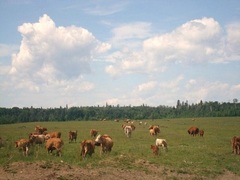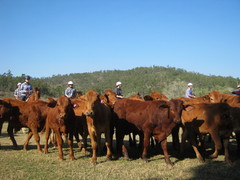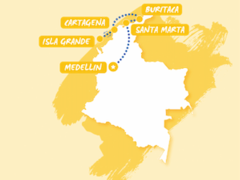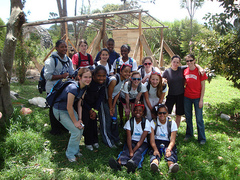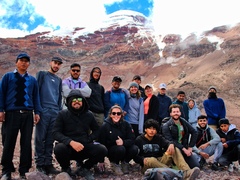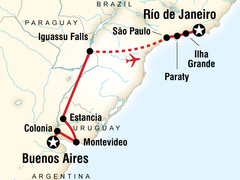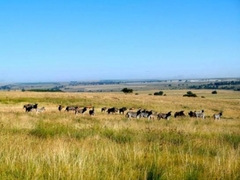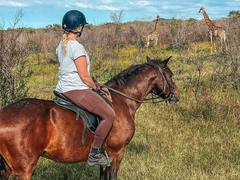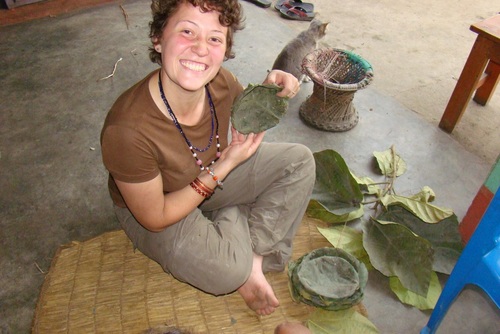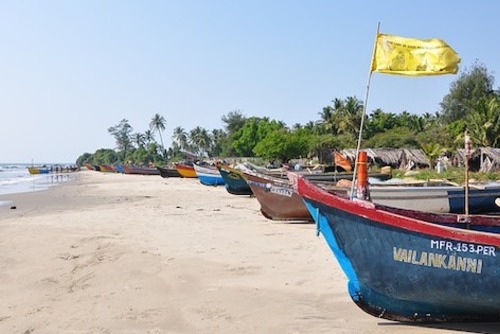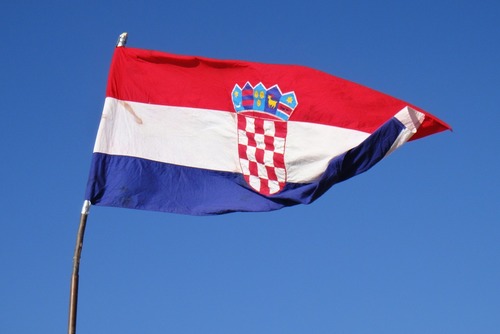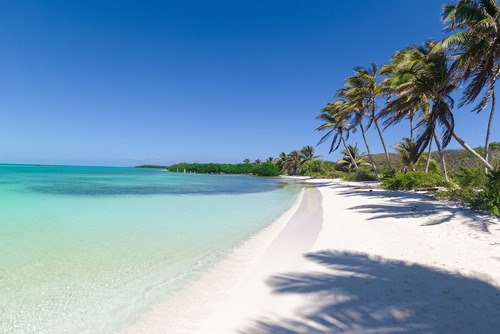The Río Muchacho Organic Farm and Eco-lodge, named one of the 13 best examples of responsible tourism on Earth (Channel 5 Montreal – Another Way to Travel) and one of National Geographic Travel’s eight favourite places to stay in Ecuador, is an internationally recognized example of sustainable land management through permaculture design and agroecology.
The sustainable farm and learning center are based on Agroecology and Permaculture principles. The 9.5 hectare property is an oasis of food forests, extensive vegetable gardens, pasture, agroforestry areas, models of alternative energy, and rotational animal raising areas. Over one hundred crops are rotated throughout the year, and the farm is home to animals of all sizes, shapes, and personalities. Our residents include pigs, guinea pigs, chickens, ducks, dogs, cats, composting worms, cows, horses, and--of course--humans. We have the capacity to accommodate upwards of 55 people in the bamboo bungalows located throughout our sprawling property.
Volunteering at the Farm
Volunteering at Río Muchacho is a great experience for everyone involved. Not only is it a valuable learning experience for the volunteers themselves and a way to meet lots of interesting, fun and like-minded people, but it is always good for us at the farm to meet and get to know new people with new ideas for what we can do with the projects.
Volunteers have had an important role in much of our work, especially the community development efforts, with the Environmental School, and final year school permaculture projects being just a few of the many initiatives which have been influenced and supported by volunteers.
The farm recommends a four-week length of stay so that you get better knowledge for the workings of the farm and get the most out your experience. Some volunteers stay for 2-12 months and acquire in depth knowledge of sustainable agriculture.
Who would be a good fit?
Age isnt an issue here at Rio Muchacho, we have had volunteers from 18 all the way up to 72! There is always a use for you, whatever skills you have.
Useful skills are:
- Knowledge of permaculture and farming techniques
- Teaching English
- Teaching arts and crafts
- Computer and technical comprehension
- Building and carpentry
- Bee keeping
- Photography
- Social media and communications
- Hospitality and ecotourism
- PR
- Fundraising
Other learning opportunities
- Volunteer at the farm before or after the one month Intensive Permaculture course.
- Participate in the Part-time Permaculture training course.


